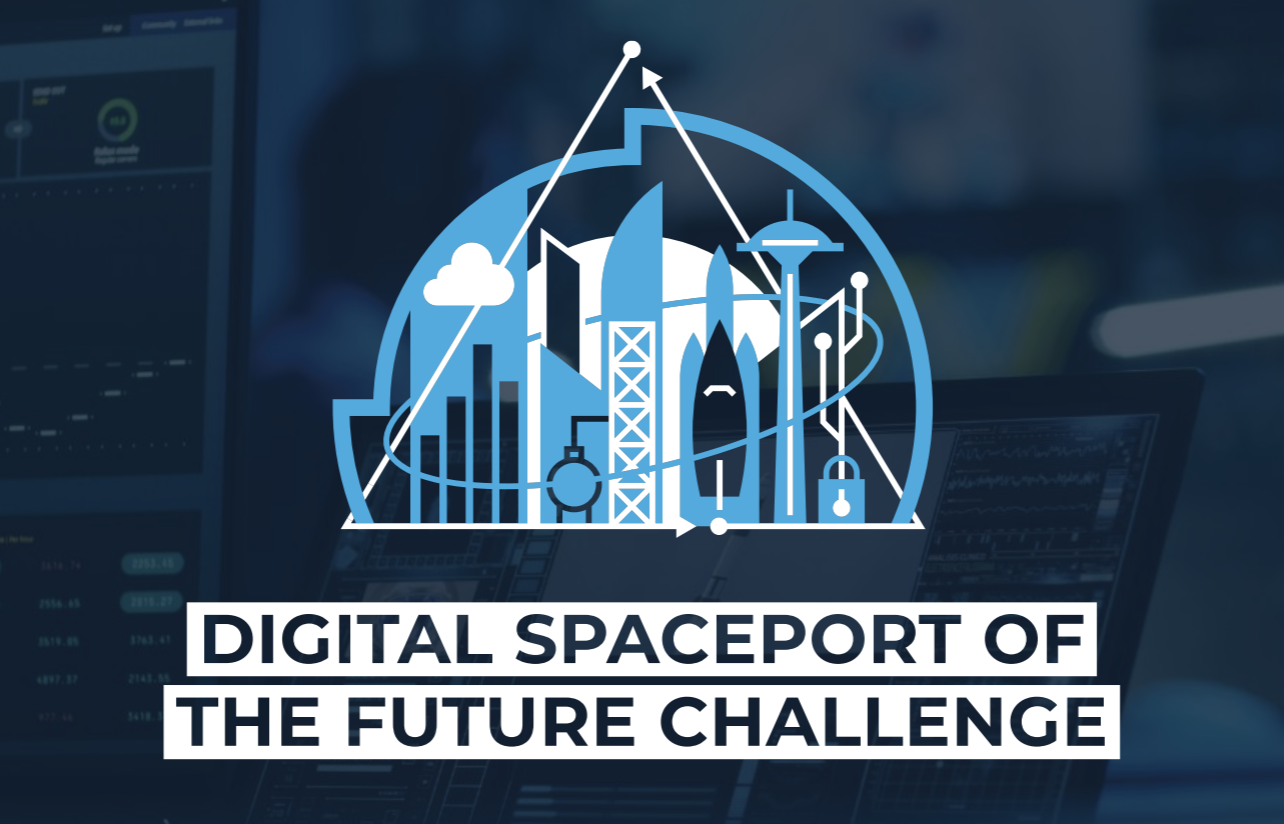
Last week, zCore Group had the opportunity to participate in a workshop that could very well be a catalyst for transformative changes in the realm of space exploration and operations. The United States Space Force’s (USSF) Digital Spaceport of the Future Challenge Definition Workshop, held in Orlando, FL, was a convergence of minds with the shared goal of propelling the space sector into a digitally-advanced future.
Over the course of two days, representatives from SpaceWERX, an innovation arm of the USSF, orchestrated a series of design thinking sessions and collaborative huddles. Participants from various sectors, including industry experts, academia, and acquisition professionals, engaged in a dialogue to redefine the efficiency and digital framework of spaceport operations.
The workshop’s agenda was ambitious, focusing on three main areas:
These focal points were chosen to guide the discussion towards digital transformation, legacy hardware modernization, data management, and the standardization of technologies that will enhance the USSF’s operational capabilities.
However, throughout the workshop, it became evident that certain challenges, particularly within the Infrastructure Layer, may require substantial investment and strategic planning to modernize. The existing communication lines, predating the Internet era, are a testament to the longevity of the spaceports’ original designs but also highlight the need for a comprehensive digital overhaul.
Addressing these foundational issues would likely necessitate collaboration with entities capable of undertaking significant infrastructure projects. The current systems, which are often closed circuits and not easily accessible for integration into modern IP networks, underscore the necessity for specialized hardware that can bridge the old with the new. This transition is crucial for enabling access to data that contemporary servers can interpret, thus paving the way for modernization.
One of the more pressing needs identified was the lack of modern applications that support mobility. The absence of tools to access information or manage schedules from remote locations indicates a gap that smaller businesses could potentially fill, given the right framework and access to data.
The dispersion of data was another concern raised. This situation limits accessibility and thus, the scalability of operations. The workshop highlighted the urgent need for a system architecture that could integrate disparate data sources and provide a cohesive operational picture.
While these observations might suggest a daunting task ahead, they also illuminate the scope of opportunity for innovation and development. It’s important to recognize that once the infrastructure layer is modernized, it will likely catalyze advancements in data management and application layers.
The dialogue also touched on the broader implications for the commercial sector. The current pace of launches, while impressive, is not yet at the scale needed to meet the ambitious goals set by commercial space firms. The current stove-piped and non-scalable systems are a bottleneck that must be addressed to support not only military operations but also the commercial surge in space launches.
Our participation in the USSF Digital Spaceport of the Future Challenge Workshop was an eye-opening experience. It provided us with a realistic assessment of the scale of the challenges ahead. Yet, it is important to note that while the path to modernizing spaceport operations is complex and will require significant investments, there is a clear trajectory for progress. The role of small businesses, with their agility and innovative approaches, could be pivotal in the development of certain aspects of the spaceport ecosystem, particularly once the foundational infrastructure is in place.
The workshop was an invaluable learning experience, laying the groundwork for the necessary steps forward. As the zCore group reflects on the experience, we are optimistic about the role we can play in contributing to this expansive and exciting frontier, with the understanding that the journey to modernization is both necessary and collaborative.